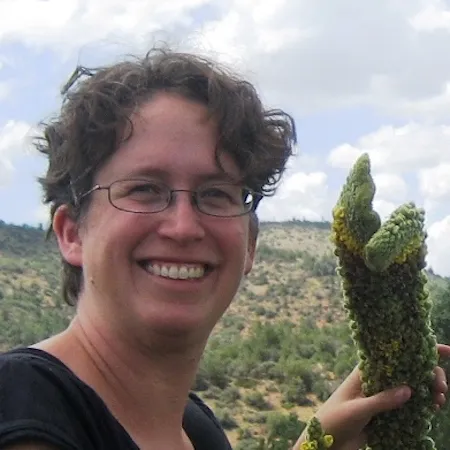Humans shape biotic communities in cities in profound ways, from obvious changes in species composition, to less noticeable shifts in timing of breeding, predator-prey dynamics, and foraging behavior. Historically, ecologists and conservation biologists largely viewed cities through a relatively simple lens: cities remove and fragment natural habitats. Urban biotic communities are by implication deficient or damaged. There is a growing shift, however, in how human-altered landscapes are viewed and valued. Researchers and practitioners are embracing terms and approaches that increasingly situate humans as integral to positive changes in ecosystems. There are good reasons to be cautious about embracing these more anthro-centric approaches, and many are controversial. Yet, realism dictates that we contemplate the implications of a domesticated planet, one where the distribution and abundance of species become increasingly dependent on human values, decisions, and actions. Viewed through this more anthro-centric lens, I propose that cities are sources of novelty, hotspots of resource inputs (as well as resource consumption), agents of decoupling for ecological phenomena, and drivers of evolutionary change. I will examine some of the complex pathways through which humans influence biotic communities, with consequences that may ripple through food webs in previously unexpected ways. I will discuss ways in which these changes 'domesticate' nature and ideas for retaining a little bit of the wild in places where we live, work, and play. In particular, I highlight the pervasive impacts of anthropogenic resources on food webs, as well as the mechanisms that produce patterns of inequality in access to biodiversity. These emerging findings reinforce the role of interdisciplinary approaches in yielding greater insights into urban ecological dynamics compared with purely disciplinary approaches.
Presenters

Paige Warren
Dr. Paige Warren has been pursuing urban ecology research for the past 17 years, working in cities around the United States. Urbanization poses one of the greatest challenges facing society, with many cities growing in area faster than in population, others with aging infrastructure, and the prospect of all population growth this century concentrated in cities. A sustainable future depends on striking a balance among increased urban intensification, biological conservation, and continued access to nature for people. Research in Dr. Warren's lab seeks to understand processes generating and...

Paige Warren
Dr. Paige Warren has been pursuing urban ecology research for the past 17 years, working in cities around the United States. Urbanization poses one of the greatest challenges facing society, with many cities growing in area faster than in population, others with aging infrastructure, and the prospect of all population growth this century concentrated in cities. A sustainable future depends on striking a balance among increased urban intensification, biological conservation, and continued access to nature for people. Research in Dr. Warren's lab seeks to understand processes generating and maintaining biological diversity in a world that is becoming increasingly dominated by humans. She focuses on the impacts of urbanization on animals, from the population to the community level, as well as the relationships between humans and urban nature. She led a National Science Foundation-funded Urban Long Term Research Area - Exploratory (ULTRA-Ex) project in Boston, and she plays a leading role in Long-Term Ecological Research projects in Phoenix and Baltimore. She is co-leading an international working group focused on biodiversity in cities.